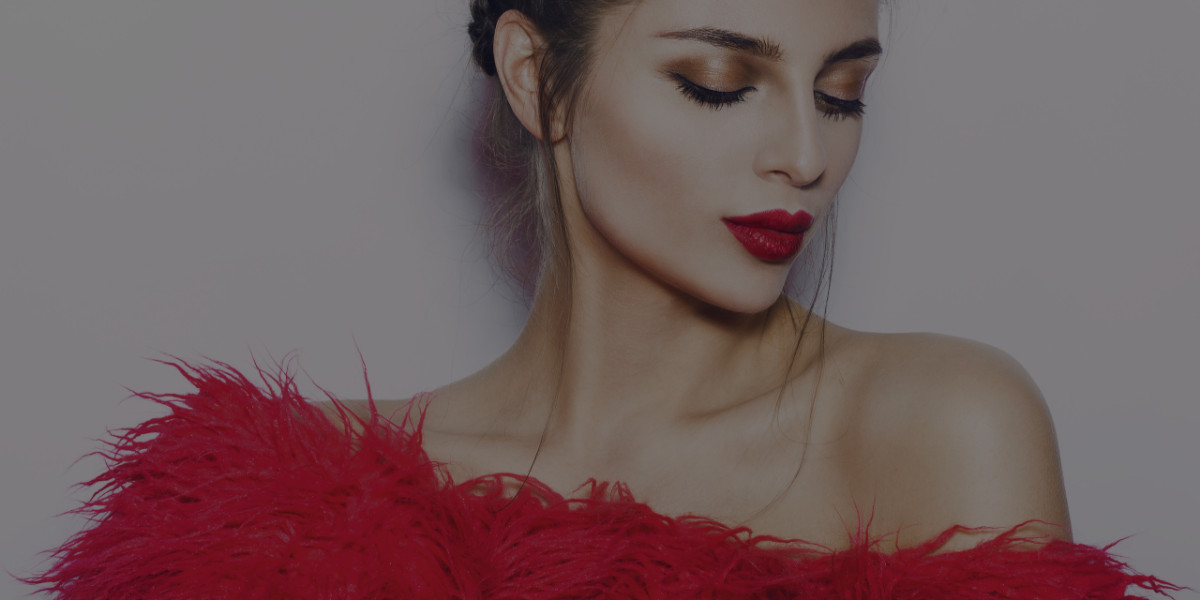QC’s Master Makeup Artistry course is our most popular for a reason! It covers everything from foundational makeup skills to basic SFX techniques and theatrical makeup. Prospective students sometimes wonder, “Will Master Makeup Artistry cover enough for me to have a career in theatrical makeup?”
This is a pretty loaded question. Let’s break it down, shall we?
What does Master Makeup Artistry cover on theatrical makeup?
Master Makeup Artistry is the course we often recommend to students who have no formal makeup training. It’s also a great option for those who just want to brush up on their basic techniques and learn new ones.
Master Makeup Artistry has two additional units compared to Makeup Artistry – that’s six units total! These two extra units cover advanced makeup techniques. If you’re interested in theatrical makeup, you’re going to look forward to the later units! That’s where theatre and character makeup becomes the focus.
However, it’s important to note that all the units prior to Unit F are foundational for theatrical makeup! As eager as you may be to jump straight into your theatrical makeup career, you need to master those basic skills first. How can you expect to create a full-body character if you don’t know about corrective makeup?
Unit F specifically applies to theatrical makeup in the course:
- Theatre, dance, and live stage performance makeup
- Instructional videos on applying stage makeup and character makeup
- Basic special FX makeup techniques for character makeup
- A practical application assignment on creating a stage character (see the sample below!)
- TV versus stage makeup

Course Sample: Creating a Stage Character in Assignment F2
For this assignment, you’ll use the skills you’ve learned from previous units. Pull up relevant course texts and instructional videos from previous units to refresh your memory. You may also wish to watch the all the Unit F videos to combine those techniques in creative ways for this assignment.
Assignment F2 asks you to create a makeup look suitable for a stage character. All you need is a camera, your Makeup Worksheet that QC provides, and some colored pencils! Here are the steps you’d take to complete your assignment!
- Step 1: Choose your character! Get creative and think of all the incredible productions that inspire you. Maybe Wicked? How about The Lion King? Maybe even Shakespeare’s A Midsummer Night’s Dream? Sketch some basic ideas out!
- Step 2: Fill in your Makeup Worksheet with the production’s name, actor, character, and so on! If you’re going with a lesser-known production, be sure to include enough details for your tutor. Make sure you also include all the makeup products and tools you expect to use. This includes shadow shades, products, brand names, and the techniques you intend to use (i.e. applying with a damp sponge, etc.)
- Step 3: Create your character design on the face template! Be creative and include as much visual information as you can.
- Step 4: Scan or take a photo of your work and you’re ready to submit!
If you really want to practice your theatrical makeup skills, consider applying your look on a friend or model. This could be a great piece to add to your portfolio as an aspiring theatrical MUA!

Will this be enough for a career in theatrical makeup?
Master Makeup Artistry covers a broad range of makeup techniques—from the basics to advanced application. Because advanced techniques differ from one industry to another in makeup, the course gives great depth into theatrical and performance makeup. Ultimately, it depends on you as a makeup artist as to whether or not this training is enough for your needs. A foundational course is definitely worth taking for anyone without formal makeup training. You’ll graduate from the course with all the skills you need to succeed.
We always recommend that MUAs continue their education throughout their career. You can achieve this in any number of ways. You could take additional courses, attend tradeshows, and register for makeup association-organized workshops. As your career progresses, you may find you need to know more about special FX makeup, for example. That’s where an SFX specialty course will come in handy. A successful makeup career is a combination of experience, training, and passion!
